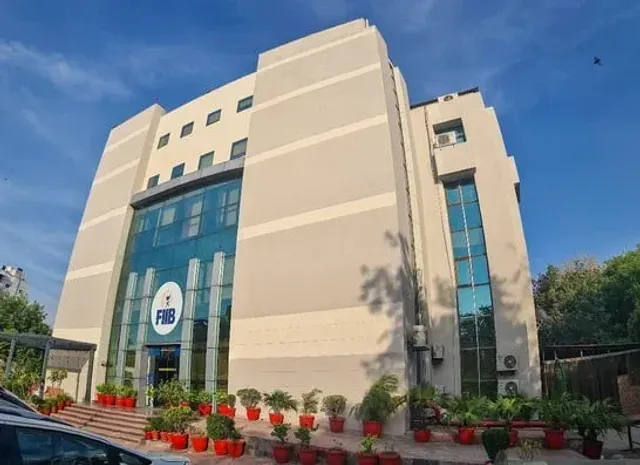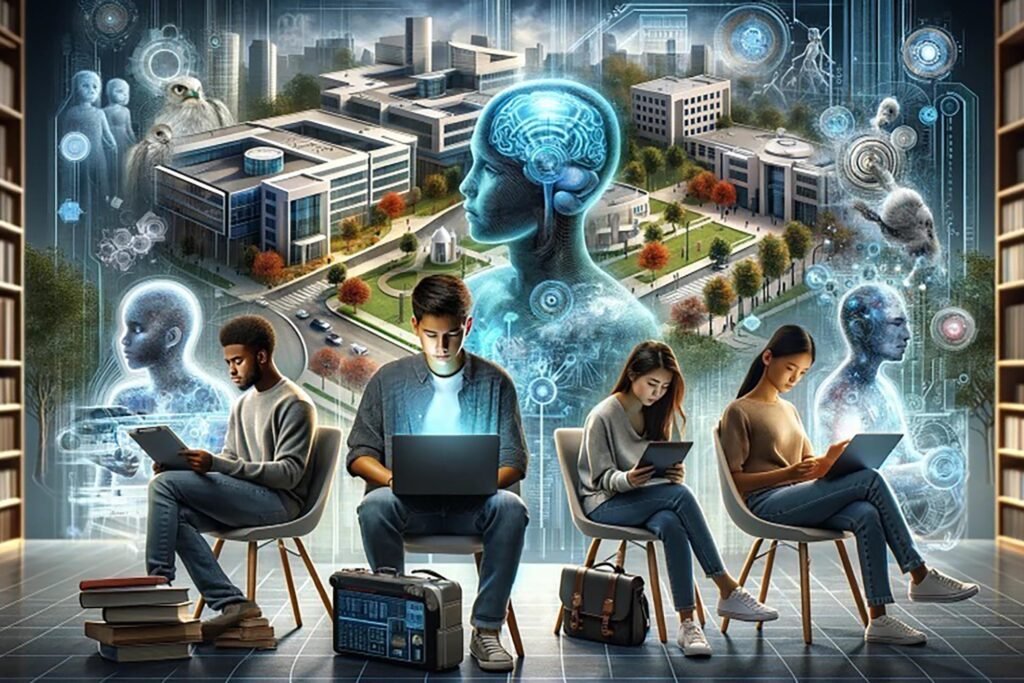India’s education system is poised for a transformative shift by 2025, fuelled by technological advancements, policy reforms, and changing societal needs. As the nation’s educational landscape evolves, several key trends are expected to define the future of school education, offering fresh opportunities for students, educators, and institutions alike. Here are the primary trends that will shape India’s school education system over the next few years:
1. Technology Integration and Digital Learning The integration of technology into education is perhaps the most prominent trend driving changes in Indian schools. By 2025, digital platforms and tools are likely to become an even more integral part of classrooms. With the government’s push towards the National Education Policy (NEP) 2020, which emphasizes technology adoption, schools are expected to increasingly leverage ed-tech solutions for both teaching and learning. Online learning platforms, virtual classrooms, and interactive content will continue to supplement traditional teaching methods, making education more personalized and accessible.
Artificial intelligence (AI) and machine learning (ML) will also play a significant role in delivering personalized learning experiences. Adaptive learning platforms can tailor educational content to individual student needs, enabling educators to offer more targeted interventions. Additionally, gamification will make learning more engaging and interactive, boosting student participation and retention. The aim is to create life long learners with a yearning to learn more
2. Hybrid Learning Models While physical classrooms will remain central to the education experience, the pandemic has accelerated the acceptance and adoption of hybrid learning models, combining in-person teaching with online instruction. While the benefits of in-person learning cannot be denied or replaced with a machine, schools will also increasingly supplement it with on-demand learning, providing flexibility to accommodate diverse learning styles and schedules.
This model will also address disparities in access to quality education, ensuring that rural and remote students have greater access to educational resources that were previously unavailable to them. Furthermore, it will allow students to learn at their own pace, reinforcing self-directed learning and improving academic outcomes.
3. Focus on Skill Development There is a growing emphasis on preparing students for the future workforce, which is likely to drive an increased focus on skill-based education. India’s education system will continue to see an accelerated shift from traditional rote learning to a more holistic approach, focusing on practical skills that students can use in real-life scenarios. Schools will increasingly offer programs in coding, robotics, digital literacy, entrepreneurship, and vocational training.
The NEP 2020 places a strong emphasis on vocational education and aims to integrate it into the school curriculum, starting as early as Grade 6. This will help bridge the skills gap and better align education with industry needs, ensuring that students are equipped with the competencies required in an evolving job market. This also aligns with the recently introduced PM Internship Scheme which also emphasises the need for a more skill-based education curriculum to allow students to flourish in the real world beyond the classroom walls.
4. Personalised and Inclusive Education By 2025, personalized learning will be more prevalent in India’s schools, with an increased focus on catering to individual learning needs. The integration of data analytics will allow teachers to track students’ progress and tailor lessons accordingly, ensuring that no student is left behind.
Moreover, schools will need to focus on inclusive education and be more adept at accommodating students with special needs. Schools would need to ensure that the curriculum is accessible to all. Better access to technologies and personalised learning plans will play a vital role in supporting children with disabilities, providing them with the resources they need to succeed academically. Schools will also need to work at creating a more enabling environment that is sensitive to the needs of these children.
5. Emphasis on Mental Health and Well-being As the pressures of academic performance and societal expectations continue to mount, there is a growing recognition of the importance of mental health in education. Schools will continue to place a greater emphasis on student well-being, with mental health programs, counselling services, and stress management strategies integrated into the curriculum. These services are often seen as nice-to-have but increasingly schools will need to incorporate mental wellness as a must-have part of the curriculum and school offering. The need to inculcate mindfulness practices at a young age will be seen as essential to raising well-rounded, balanced and resilient young adults. This holistic approach will foster emotional intelligence, resilience, and self-awareness, helping students navigate both academic and personal challenges.
The 2025 outlook for school education in India is promising. It is driven by a range of innovations and reforms that will shape the future of learning. Technology, hybrid learning models, skill development, inclusive education, and mental health initiatives will work in tandem to provide a more equitable and effective education system. As these trends take root, Indian schools will increasingly prepare students not just for exams, but for life, with the skills and resilience needed to thrive in an ever-changing world.



